“Beyond entertainment and education: culture takes the lead in energy transition.”
Who are you — and what’s happening at your lab?
Bakelit Multi Art Center is an independent creative hub located in the Ferencváros district of Budapest, housed in a revitalised former yarn and weaving factory. Its mission is to operate an international creative space that is both inspiring and welcoming — offering infrastructure for learning, rehearsals, exhibitions, and performance. The centre supports unconventional, boundary-pushing artistic projects and is currently run by a small, dedicated team of five.
What kind of local story are you part of?
Bakelit operates within an industrial park, surrounded by other service providers who, like us, have been impacted by rising energy prices. In this environment, we see an opportunity not only to improve our own sustainability but also to take on a leadership role. Through Co-PED, we aim to support our everyday operations while helping to establish a local energy community that brings together businesses, organisations, and cultural institutions.
What do you hope to achieve through Co-PED?
Our primary goal is to make Bakelit more sustainable — ecologically and professionally — by integrating renewable energy solutions. At the same time, we want to build connections with other organisations that have also faced instability due to energy costs. By the end of the project, we hope to present a working example to local authorities that demonstrates how energy communities can provide cost-effective, scalable solutions for service providers, residents, and cultural actors alike.
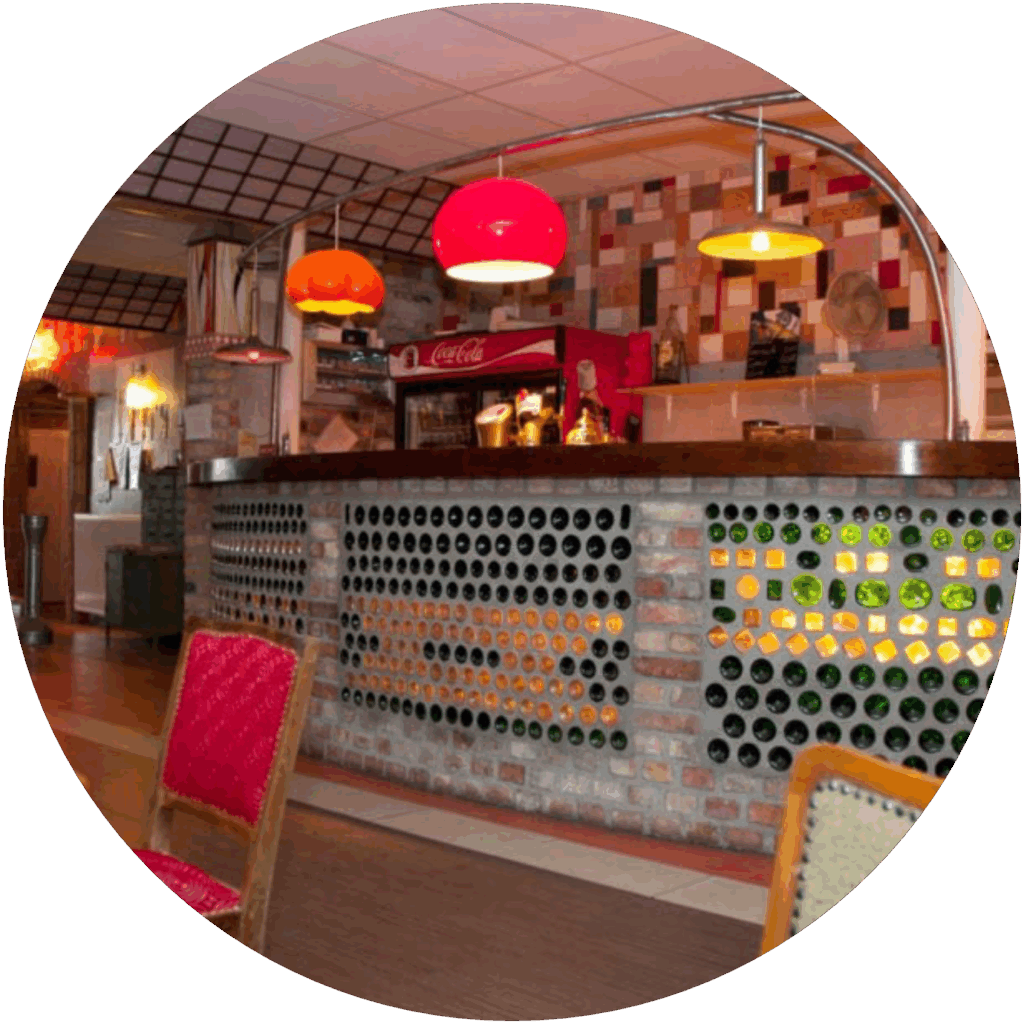
How will you make it happen?
Our approach involves different strategies for different audiences. We will personally engage nearby organisations through existing relationships. For wider outreach, we will rely on clear, accessible communication of the project’s results. And when it comes to influencing decision-makers, we will work through direct lobbying and partnerships with our national consortium members to amplify our voice.
Who are your allies in all this?
We work with organisations in the industrial park that are open to joining the energy community, as well as others in the wider area who might follow once they see the results. Local policymakers are also key stakeholders — we hope to engage them in rethinking energy regulations to support more inclusive and effective community energy models.
What kind of change do you want to see?
We want to cover a large portion of Bakelit’s energy use with solar power. More importantly, we hope the project leads to a model energy community that inspires others facing similar challenges. If the initiative also prompts changes to local electricity regulations, then the Co-PED project will have created meaningful, lasting social impact.
And finally — your motto for Co-PED?
“Beyond entertainment and education: culture takes the lead in energy transition.”
sharing is caring! share this with others:
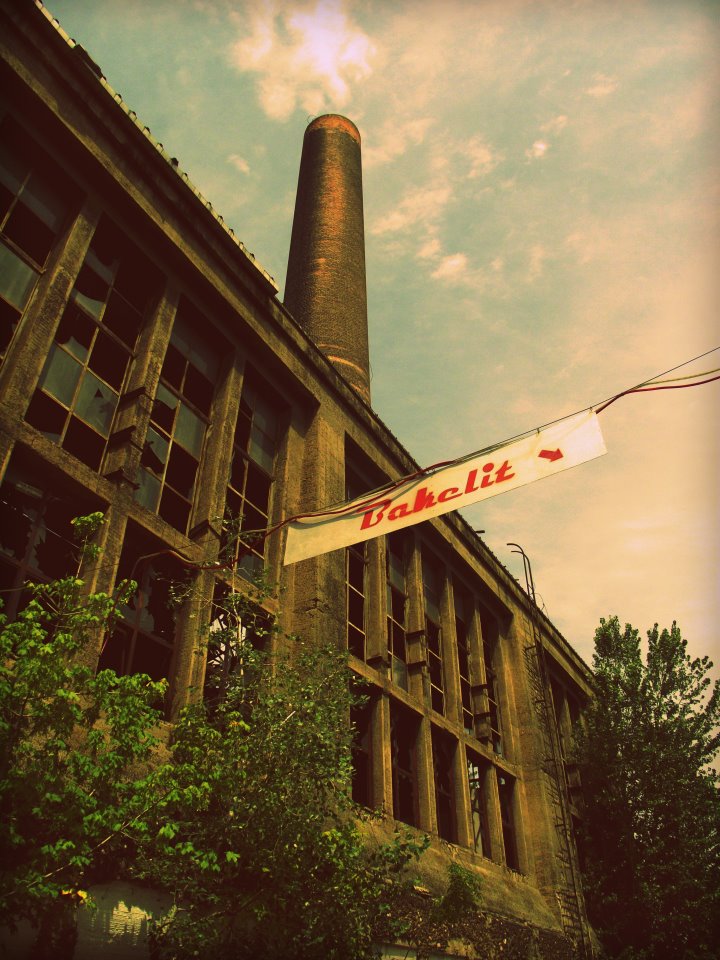
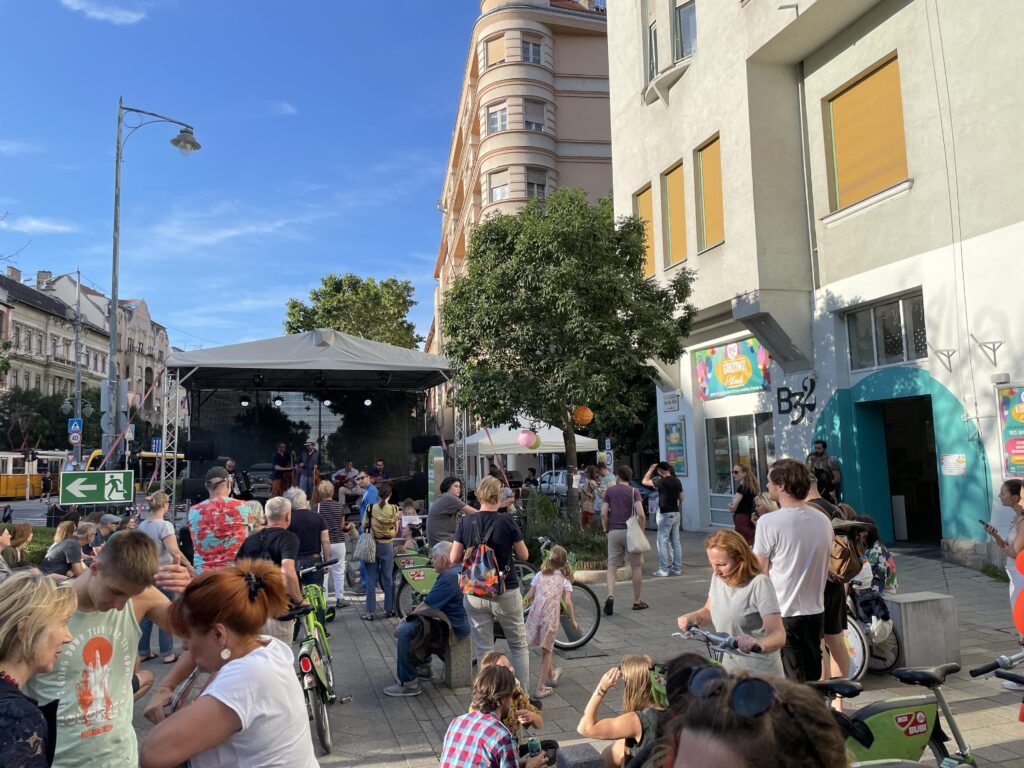
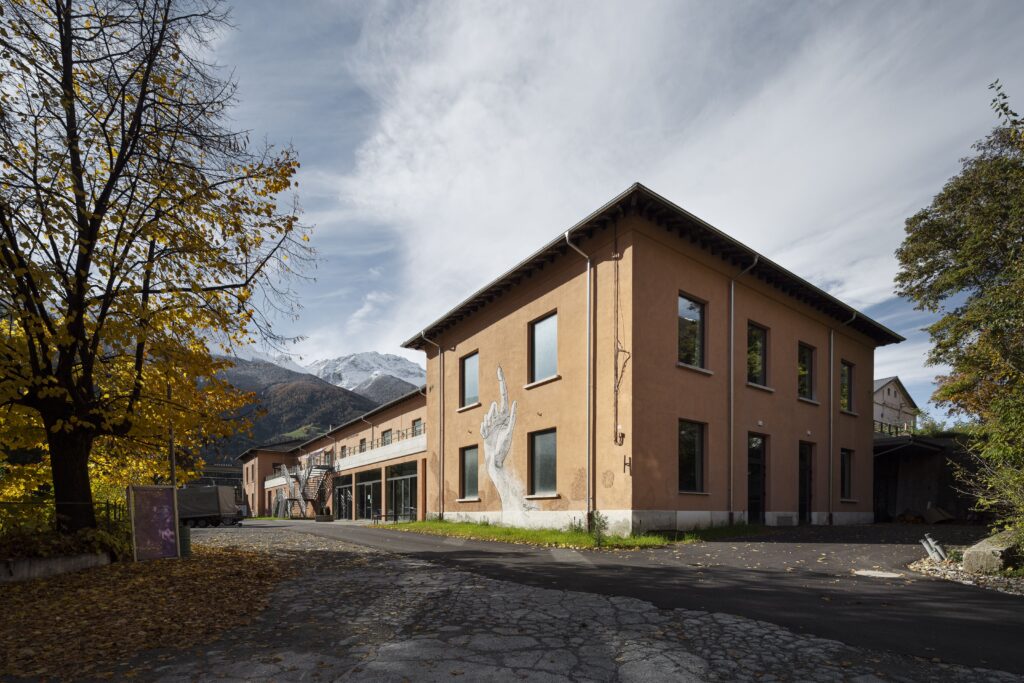
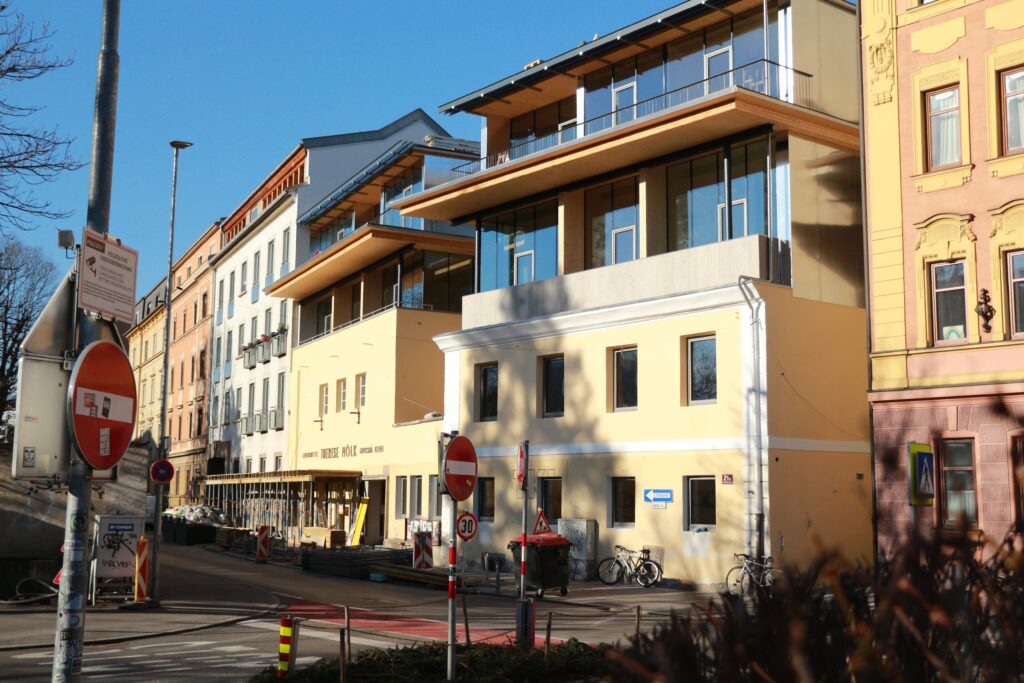
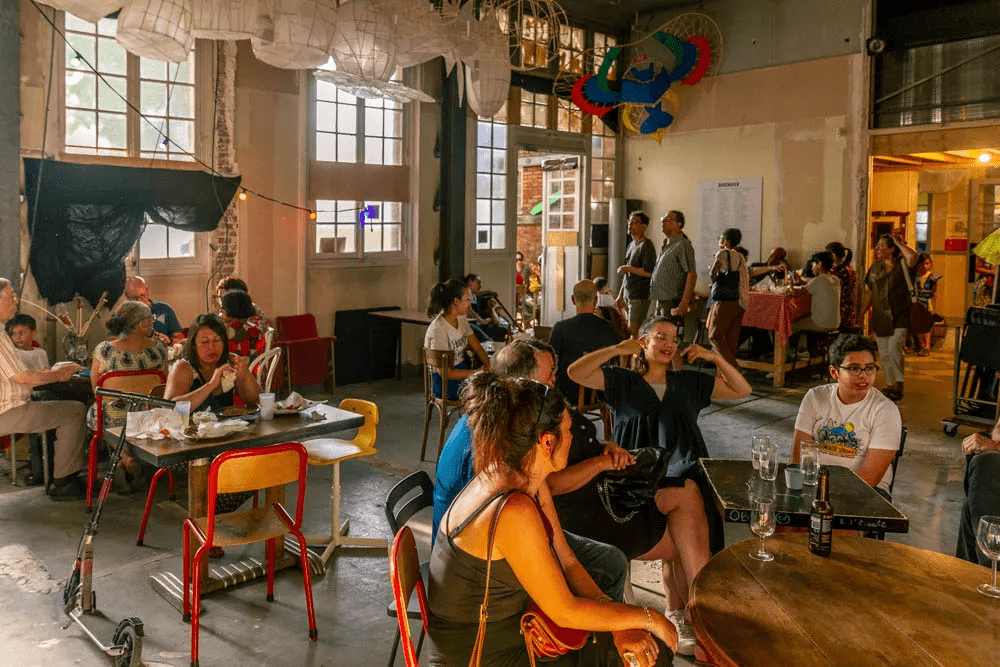
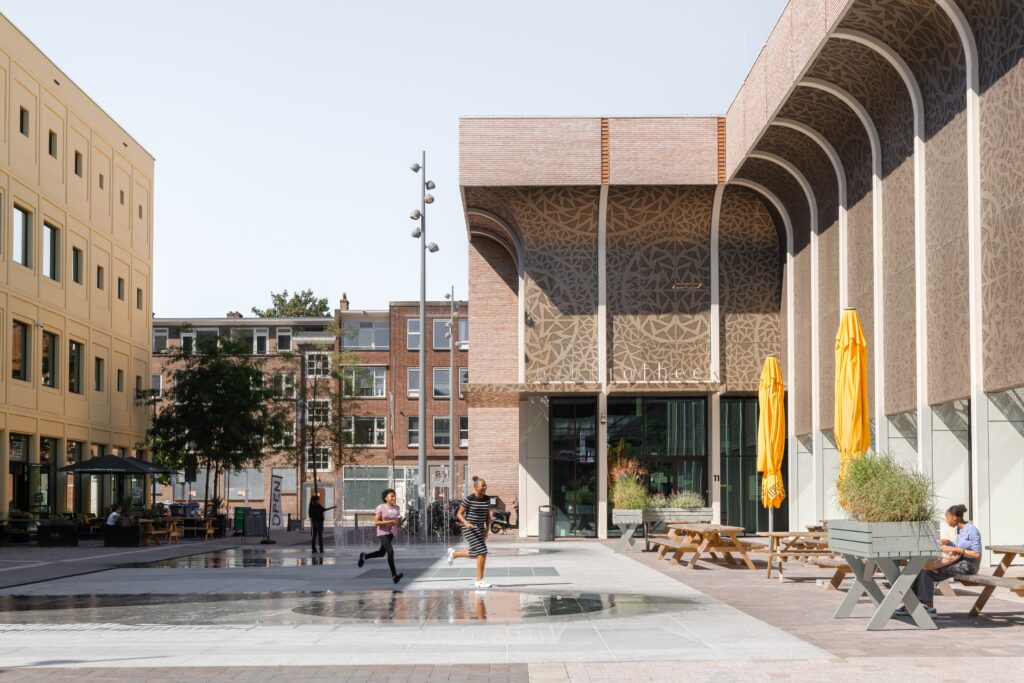
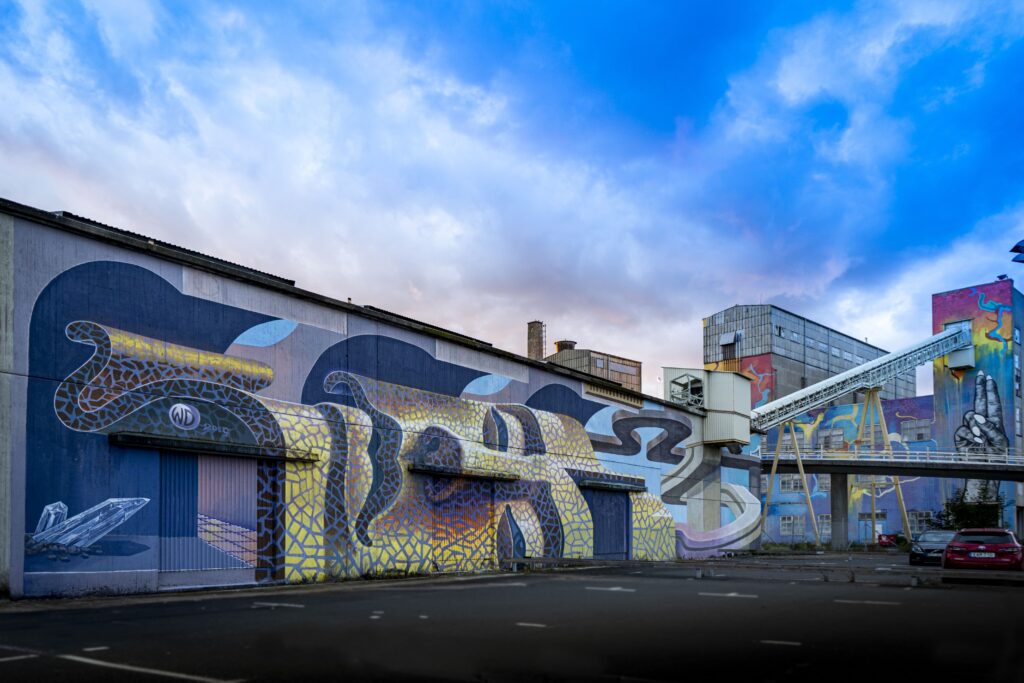
Co-PED investigates the potential of social and cultural centers as catalysts for positive energy districts, nurturing a just energy transition that includes local communities.
Co-PED aims to promote inclusive and equitable participation in energy and cultural initiatives, positioning community-led cultural spaces as laboratories for just and equitable Positive Energy Districts. Our Gender, Diversity and Inclusion Policy sets out the principles behind this commitment.
Transfer and dissemination formats tailored to various stakeholder groups including policy roundtables.
Community of practice, supporting the practical implementation of the project outcomes.
Policy Briefs at the intersection of cultural, real estate, urban development, and energy policies.
Strategic Guidelines for municipalities on the implementation of energy communities.
Capacity Building and Training Program for policymakers and civil society, promoting energy justice.
Structuring Study for a European cooperative company, including articles of association and relevant legislation.